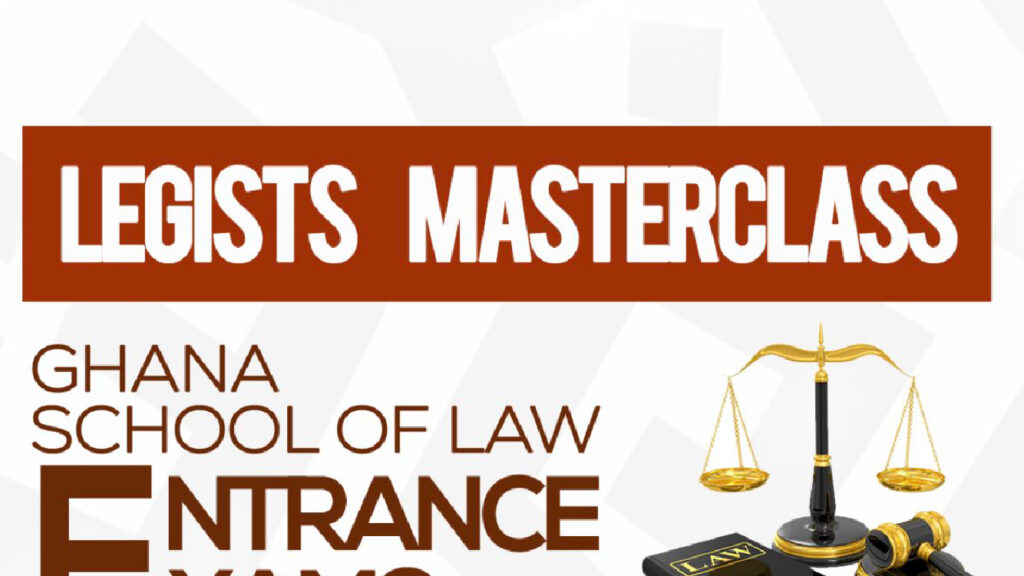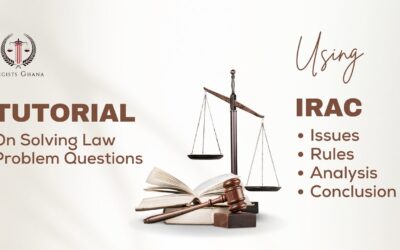
Below is a detailed excerpt of the key concepts discussed:
Tort law specifically deals with breaches of private rights, distinct from contractual rights or personal rights created by agreement. These breaches, referred to as wrongs in rem, can occur to anyone, and encompass injuries or damages to a person’s body, property, or reputation.
Civil law includes areas such as tort law, and primarily deals with payment of compensation (damages) as the major legal remedy, unlike equitable remedies such as specific performance, injunction, rescission, and rectification.
A further discussion was centered on a tort wrong being defined as a breach of an individual’s private right in rem, arising from acts or omissions that cause injury, damage, or harm to the person, property, or reputation of an individual.
Specific torts include:
trespass to the person, including assault, battery, false imprisonment, and unlawful arrest,
psychological harm, governed by the rule in Wilkinson v Downton or negligence,
trespass to movable and immovable property, such as trespass to chattels, conversion, detinue, and
trespass to land.
Infringement on reputation, including malicious prosecution and defamation.
Battery as an example of trespass to the person seeks to protect individuals from unlawful or unpermitted physical contact. Battery occurs when there is contact without the plaintiff’s consent or any reasonable justification.
The plaintiff must prove the following elements of battery:
Direct Act of the Defendant: The defendant’s actions must be the cause of the unpermitted physical contact with the plaintiff. The chain of causation must be linked directly to the defendant.
Voluntary Act of the Defendant: The defendant must have been in control of their body movement during the action that caused the battery. Involuntary conduct, such as automatism, reflex action, instinctive action, or epileptic seizures, does not amount to battery.
State of Mind of the Defendant: The defendant must have acted deliberately (intentionally) or recklessly (negligently or inadvertently).
Physical Contact: There must be a touch or physical contact. It does not need to be by the defendant personally but must be contact with the plaintiff’s person, which includes anything attached to the plaintiff’s body, such as clothes, shoes, hair, or accessories like bags and jewelry.
Positive Act: The battery must result from a committed action, not an omission or failure to act.
Lack of Consent: The contact must be without permission, justification, or consent—whether express, implied, presumed, or legally backed.
This masterclass aimed at preparing students for the Ghana School of Law Entrance Exam provided an in-depth discussion on these critical aspects of tort law, ensuring a strong grasp of the subject matter. The tutorial underscored the importance of understanding the discussion of battery under tort law and need to know the necessary elements to establish that battery had occurred.




